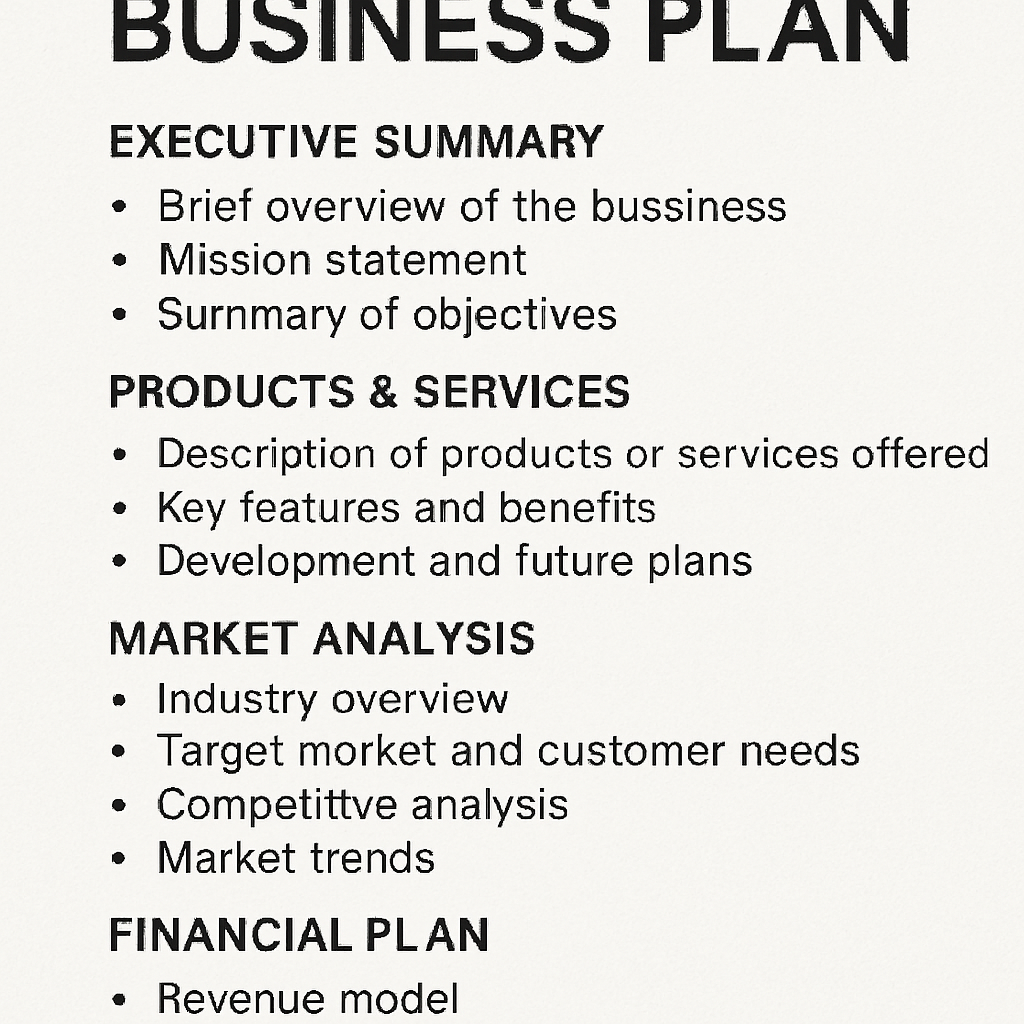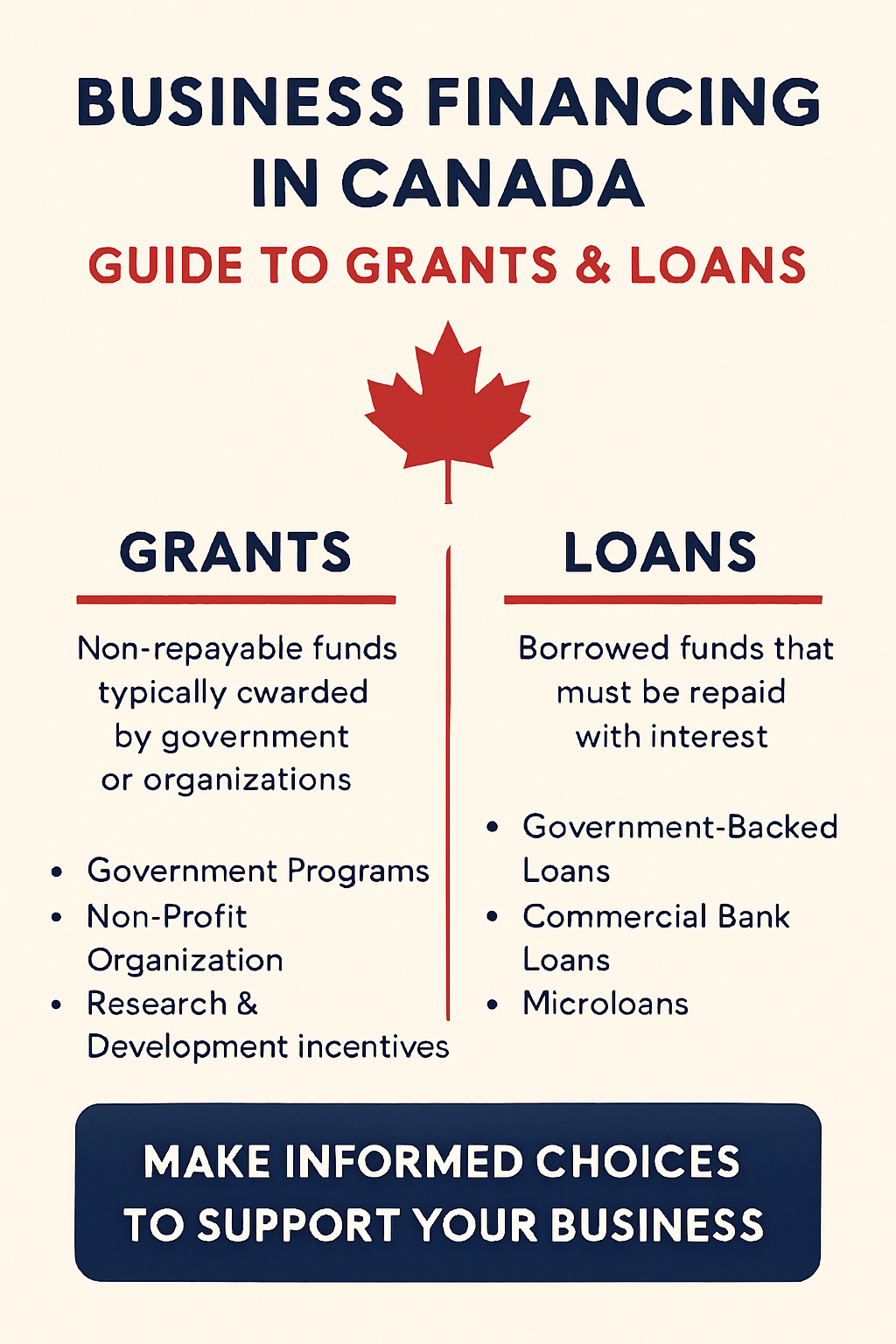Starting a business is a dream for many aspiring entrepreneurs. But one question often comes up: "How much money is needed to start a business?" Unfortunately, there is no universal answer. However, understanding the various costs involved can help you develop an effective financial strategy.
In this article, we will break down the various expenses you may face, provide you with helpful budgeting tips, and give you a clearer view of the financial commitment required.
The most common startup costs
Every business is unique, just like the costs needed to start it. Here are some expenses to anticipate:
Registration and license
To operate legally, you must register your business with the relevant authorities. This often includes fees for the trade name, the operating license, and even zoning permits depending on your industry or location.
Local or workspace
If your business requires a physical location, budget for rent, utilities, and potential renovations. Costs vary greatly depending on the city, area, and type of business.
Conversely, if you start an online business, you'll save on these expenses but might need a home office.
Equipment and supplies
Whether it's for computers, machinery, or office supplies, you will need to invest in equipment. The type of equipment will depend on your business: a graphic design company will not have the same needs as a bakery, for example.
Marketing and advertising
To attract your first customers, a communication budget is essential. This can include creating a website, digital marketing, printed advertising, etc. Your strategy will depend on your target audience and your business objectives.
Inventory (for products)
If you sell products, you will need to purchase inventory. The cost depends on the type of products and the quantity initially planned. It is important to find a balance between meeting demand and avoiding overspending.
Professional services
Consider hiring experts for accounting, legal advice or entrepreneurial coaching. Although these services can be expensive, they prevent costly mistakes and ensure compliance with regulations.
How to estimate your startup costs
Here are some simple steps to estimate your financial needs:
1. Write a detailed business plan
A solid business plan will help you clarify your business model, target clientele, financial forecasts, etc. It will serve as a roadmap for your future decisions.
2. List all potential expenses
Include every expense item, from the largest (equipment, premises) to the smallest (pens, software subscriptions). Organize them by category for greater clarity.
3. Conduct research and request quotes
For each position, conduct a price research or ask for quotes. This will help you to build a realistic budget.
📸 Photo by Patrick Boucher via Unsplash
4. Calculate a total estimate
Add up all your expenses to get an estimate. Include a safety margin of 10 to 20% for unexpected events.
Tips for managing creation costs
Once you have defined your estimate, here are some tips to better control your expenses:
Start small
Start with a scaled-down version of your business, then expand it gradually. This allows you to keep initial costs low and to test your model.
Take advantage of the free resources
Use the free tools and training available for entrepreneurs: online courses, public assistance, free software...
Explore financing solutions
If you cannot self-fund the launch, consider loans, crowdfunding, or private investors.
Monitor your cash flow
Once launched, keep a regular eye on your budget and adjust it as necessary to ensure financial stability.
Conclusion
Knowing how much you need to start a business can seem daunting. But by combining preparation and budgetary discipline, you will maximize your chances of success.
Remember that every business is different, so your financial plan must be tailored to your specific needs.
With good organization and a clear vision, you will be ready to turn your idea into entrepreneurial reality. 💼🚀



 Carl Lucier
Carl Lucier
